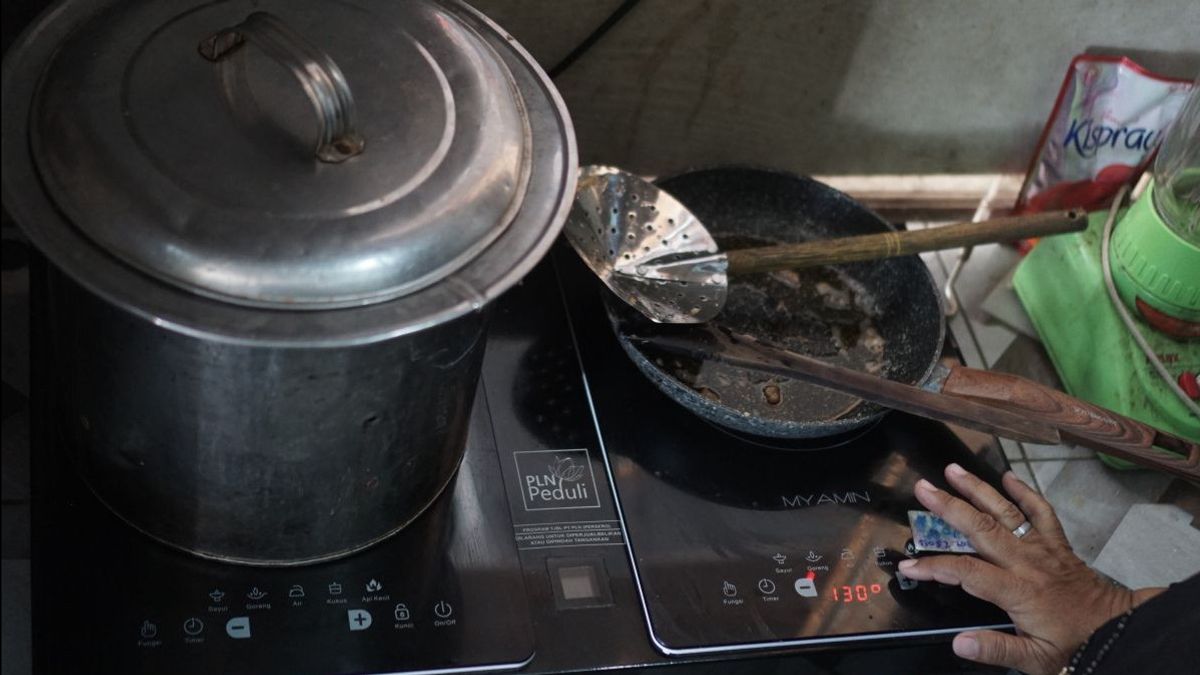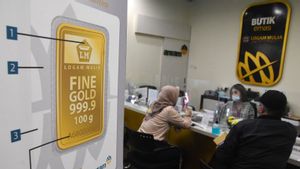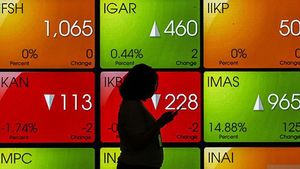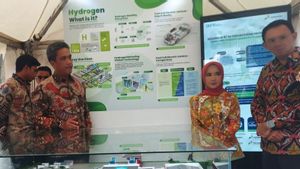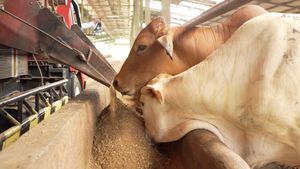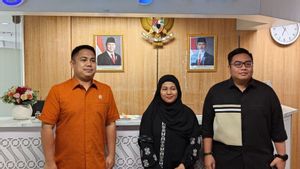Had targeted the poor, the government would again promote an induction electric stove program.
Secretary General of the National Energy Council Djoko Siswanto said, different from before, this policy will target middle to upper to rich customers.
He reasoned that the energy transition policy would run on the spot if the government prepared policies that only targeted the lower middle class.
"Hopefully the induction stove will start again, while this continues as before by distributing rice cookers," said Djoko, quoted on Thursday, January 18.
It is known that the government had canceled the induction electric stove program after previously conducting trials on people in Solo and Bali.
This socialization did not work because the government wanted to maintain people's purchasing power during the COVID-19 period.
In addition, he said, the socialization of this program was still inferior to the news about the increase in electricity rates.
In fact, the cost of cooking with an induction stove is only IDR 60.
Instead, the government then issued a policy of distributing 500,000 units of free rice cookers for the public with the aim of suppressing LPG imports.
SEE ALSO:
Djoko explained that another reason behind this policy is the price of induction stoves which are more expensive than rice cooker.
One unit of electric stove, he said, cost up to IDR 2 million, while one unit of rice cooker is only priced at IDR 500,000.
"The distribution of rice cookers can be implemented, the price is cheaper than the induction stove," continued Djoko.
Regarding the rice cooker distribution, the government will continue this program by increasing the number of rice cooker units to be distributed to the public from 500,000 previously to 700,000 by 2025.
The English, Chinese, Japanese, Arabic, and French versions are automatically generated by the AI. So there may still be inaccuracies in translating, please always see Indonesian as our main language. (system supported by DigitalSiber.id)
